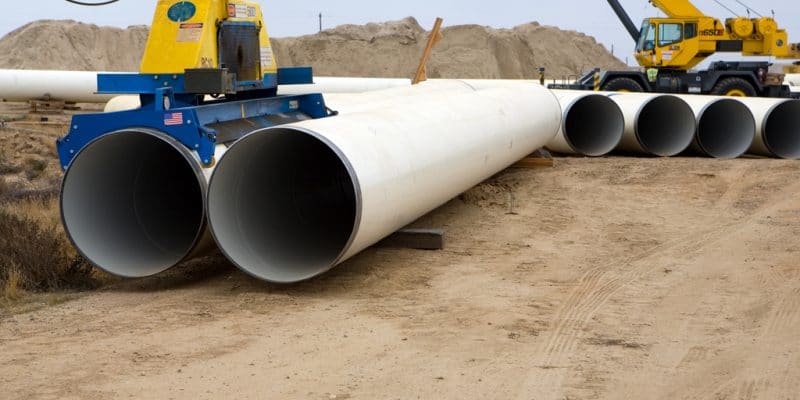The Chadian government is receiving funds for the project to rehabilitate and extend the capacity of the water network in the capital N’Djamena. The French Development Agency (AFD), the European Union (EU) and the Netherlands are providing a 59 million euro grant for its implementation.
In N’Djamena, the capital of Chad, the government wants to increase the rate of access to drinking water from the current 30% to 80% by 2030. It has just entered into partnerships with the French Development Agency (AFD), the European Union (EU) and the Netherlands to finance a project to rehabilitate and extend the capacity of the water network in the capital N’Djamena. The value of the subsidies granted by the three parties is 59 million euros, i.e. 15 million euros from AFD, 14 million euros from the EU and 30 million euros from the Netherlands.
The State of this Central African country will contribute 15.9 million euros to the financing of the project. The financing agreements signed on 26 November 2020 in N’Djamena follow an agreement signed on Friday 13 December 2019 between the four parties involved in the project which will require an overall investment of 75.9 million euros.
At least 5 years of works
The drinking water supply project developed in N’Djamena includes the creation of a new pumping field with 3 boreholes in the north-west of the city, the construction of two water towers and the laying of 205 km of pipes to bring water to households. The government of Chad is also planning to rehabilitate 12 water towers, 33 boreholes and 52 km of faulty pipes, as well as the development and rehabilitation of several thousand connections and meters for individuals.
The project to extend the water supply network in Ndjamena is being undertaken as part of the National Development Programme implemented by the government of Chad covering the period 2017-2021. The project is being implemented at a time when the country is experiencing significant temperature rises and rainfall is becoming increasingly scarce. These factors are plunging Chad into drought.
Inès Magoum






